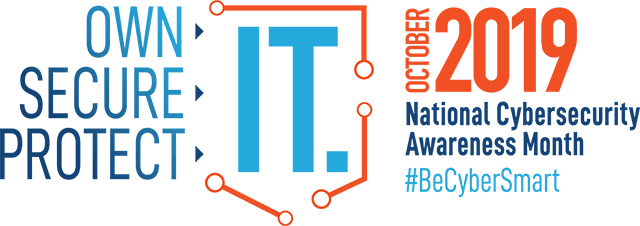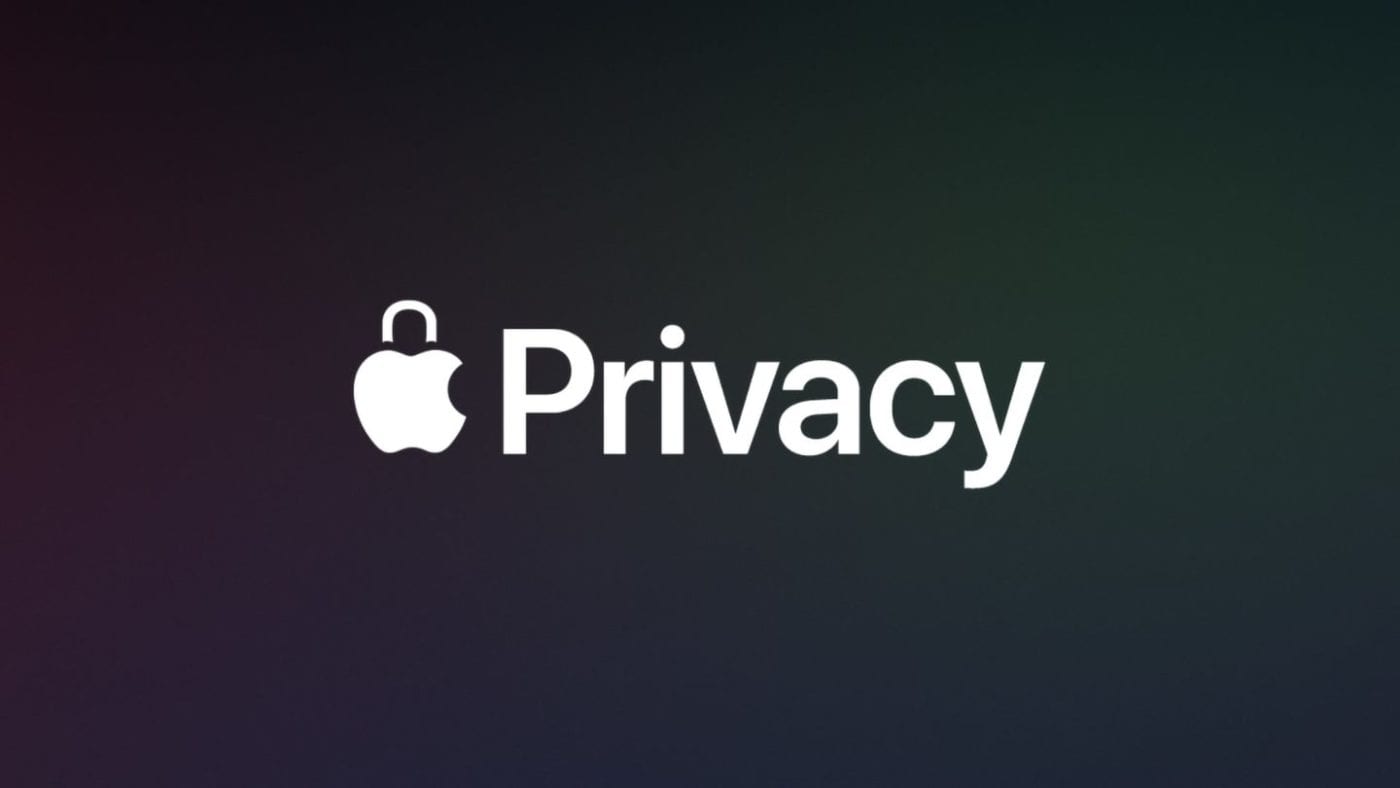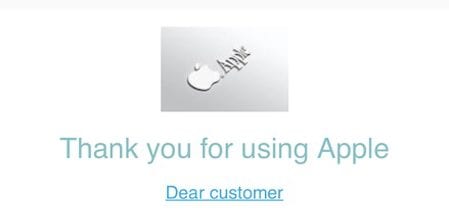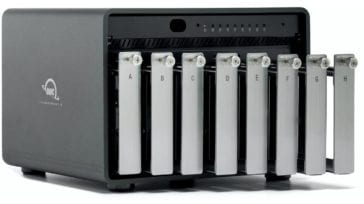
In 2004, the Department of Homeland Security, in collaboration with the National Cyber Security Alliance, began promoting October as National Cyber Security Awareness Month.
It seems like nowadays everything has an official month or day we are supposed to observe. For example, there is National Mediterranean Diet Month (June), National Drinking Straw Day (Jan 3), National Blueberry Popsicle Month (September), and my personal favorite, National Proofreading Day (March 8). Cyber Security Awareness is no different. But why was October chosen? I have no idea. Perhaps they wanted to try and out-position Toilet Tank Repair.
We discuss cybersecurity quite a bit here at Rocket Yard, so we thought you might be interested in reading a small piece that Troy Lynch, IT Infrastructure Manager at OWC, shared in our internal weekly newsletter. As I am sure you can imagine, the security protocols at our facilities are very stringent and well managed. But we also care about personal safety, so Troy gives us some excellent reminders about cybersecurity in our own daily lives outside of work.
Happy Cyber-Security Month!
The best way to approach Cyber Security is to create layers of security to protect your most vital and personal information. The more layers you have, the less chance your information will be compromised. This is accomplished in
1. Physical Security
This is the most obvious. If the information isn’t stored electronically on your device, it will not be accessible. It is best not to store banking and sensitive information on your devices unless you completely understand the risks and how to protect the data.
2. Avoid the Unknown
Do not open the unknown. This means websites, email, files, and media such as USB drives. Always verify email by the sender’s email address. Make sure websites are secure by the lock symbol in the address bar. If you are using an eCommerce site that is not reputable, use Paypal, Apple Pay, or Google Pay instead of using your credit card directly.
3. Computer Security & Antivirus
Antivirus software in this day and age is a must. It doesn’t matter what platform you are on, you should have good security software installed. If you choose a well
4. Computer Updates
Keeping your computer up to date is very important. As you may have experienced, most computers update weekly. There is a reason for this; the majority of the time those updates are patching security flaws in your software.
5. Passwords
Passwords are the most important part of security, but Password management can be one of the most difficult things to manage. Password Managers such as the ones in this roundup article on PCMag.com are a great option.
Password Managers are great at helping you store different passwords for applications and sites. They will also generate strong passwords and enter them automatically.
When creating a password, it is best to not use “words” in the actual passwords. The easiest way is to come up with a sentence, and then the password will be just the first letter of each word in the sentence, replacing some letters with numbers; “O” would be replaced with a zero; or “I” can be replaced with a one, etc.
For example, “I love to eat tacos on Tuesdays!” would be “1l2et0T!”
Also, if you have the option for 2-factor authentication, this dramatically increases security on your account.
6. IT
Always remember, IT is here to help you and guide you. If you have a question, feel free to reach out at any time. We are here to help!
Okay, that last one doesn’t necessarily apply to you (unless you work for OWC), but if you are employed by an organization with an IT department, I am sure they would be amicable to you reaching out to them. Of course, you can always leave your questions and comments below – our Rocket Yard readers are not only savvy, but enjoy sharing openly with the community!








So ClamXav and Malwarebytes aren’t up to the six anti-virus programs mentioned in #3? (They’re conspicuous by their absence.) Why not?
Because it wasn’t meant to be an exhaustive list of anti-virus programs. As mentioned, this was just a general reminder from the IT Infrastructure Manager to OWC employees. I personally use ClamXav.